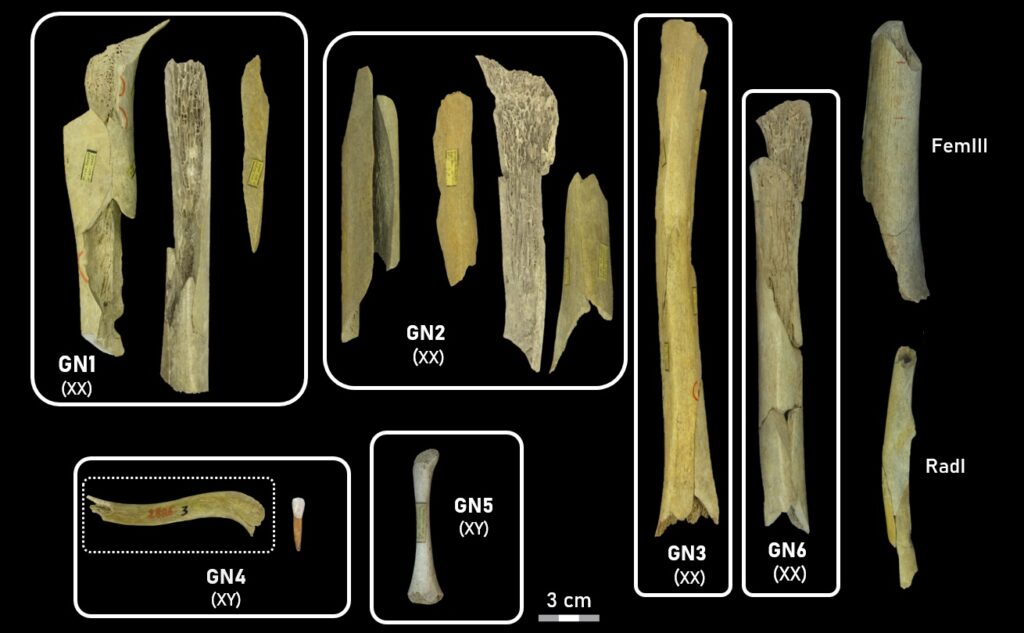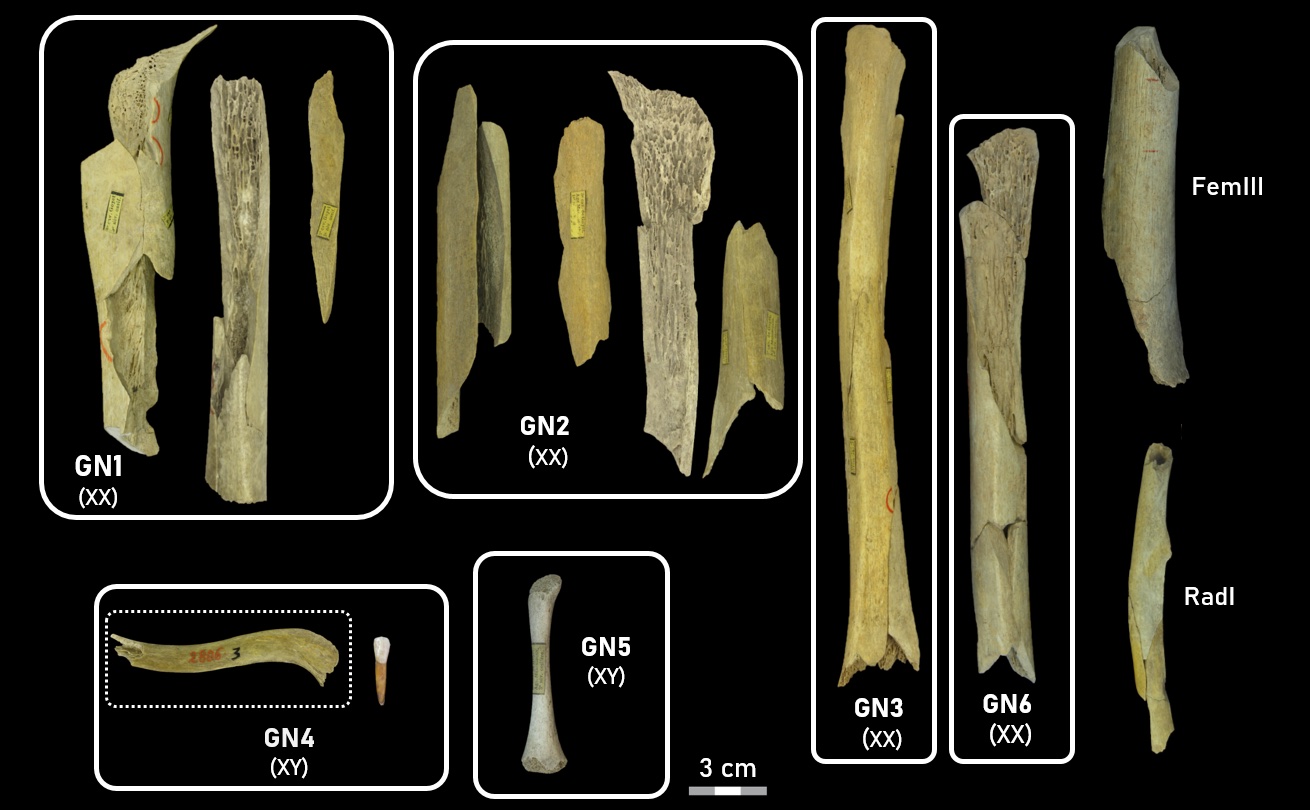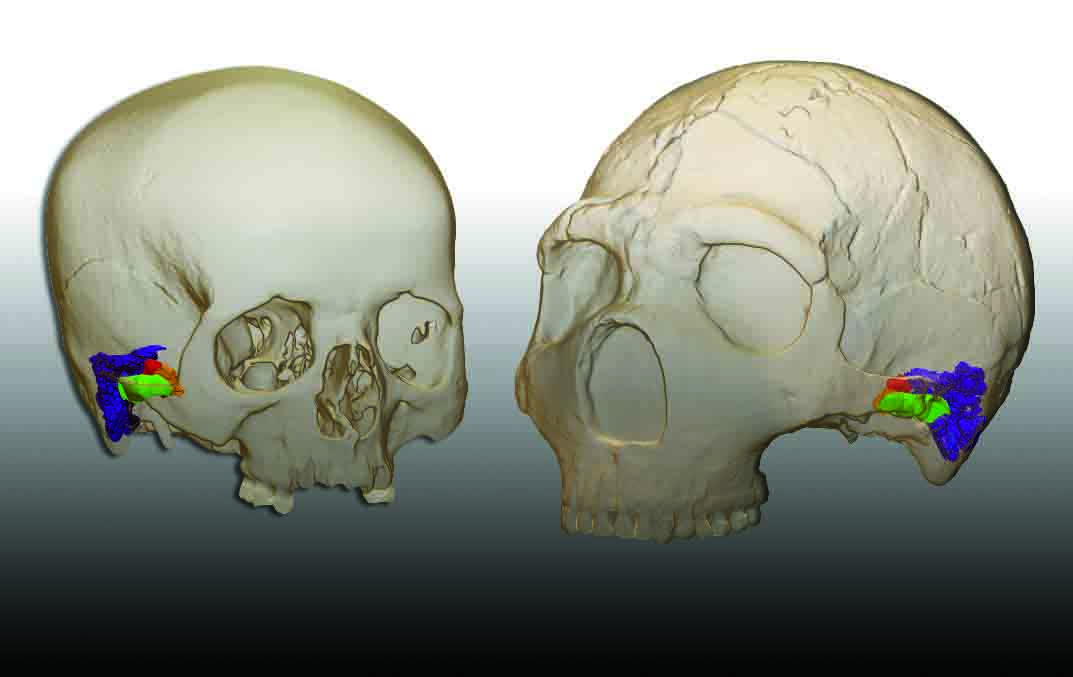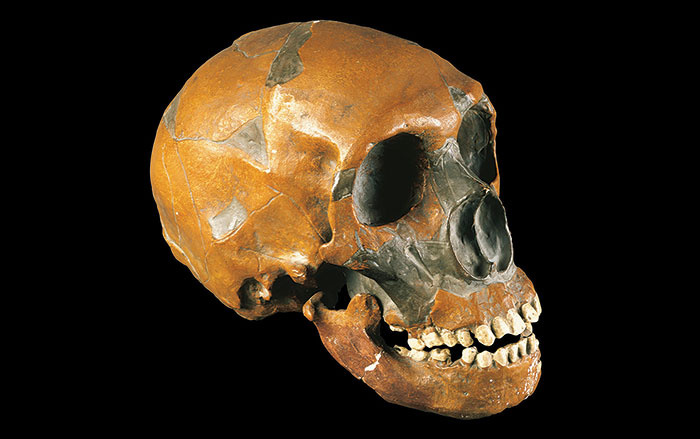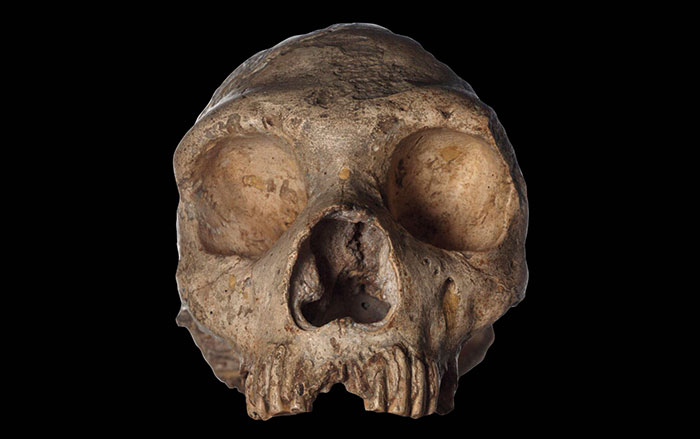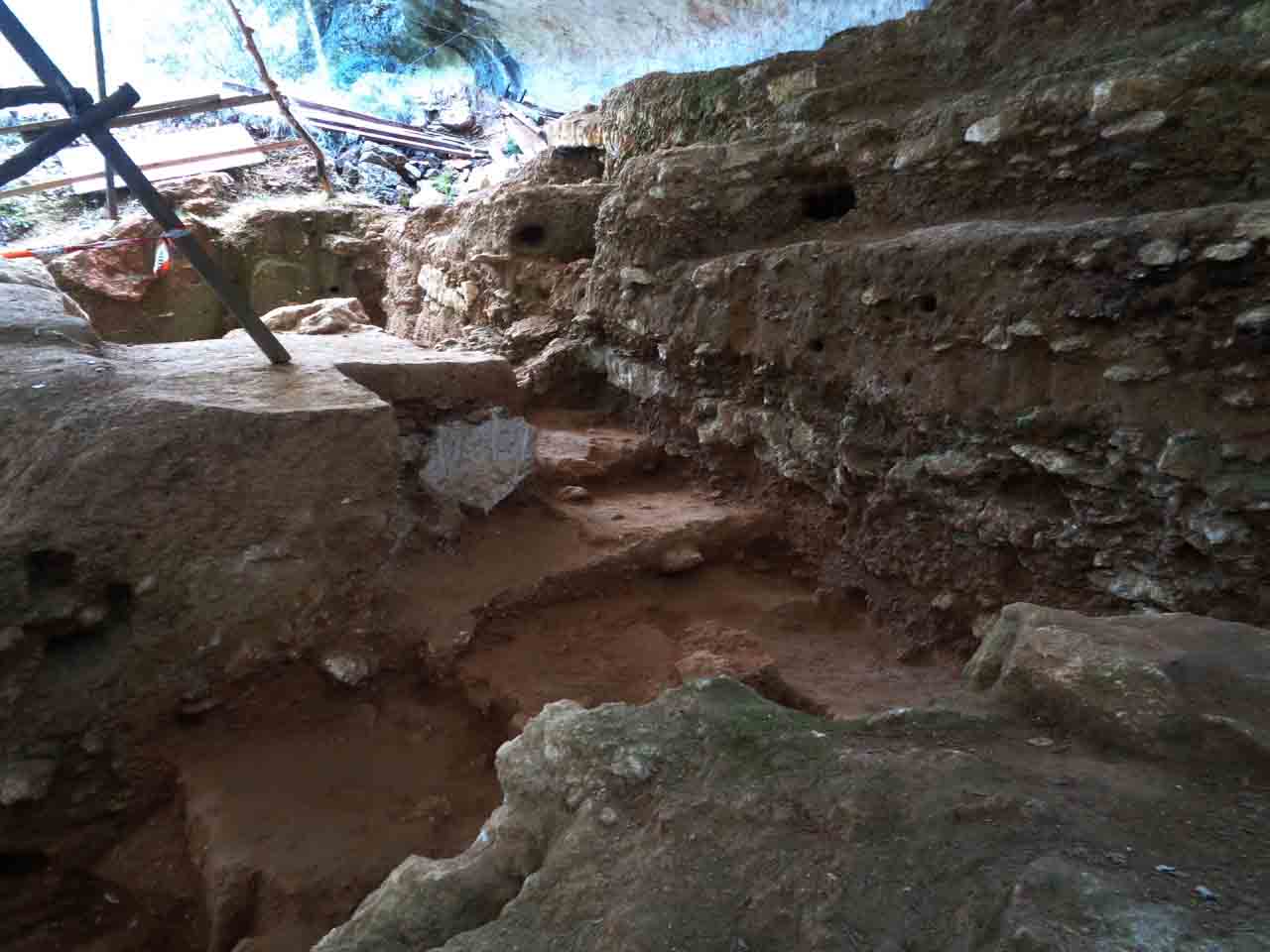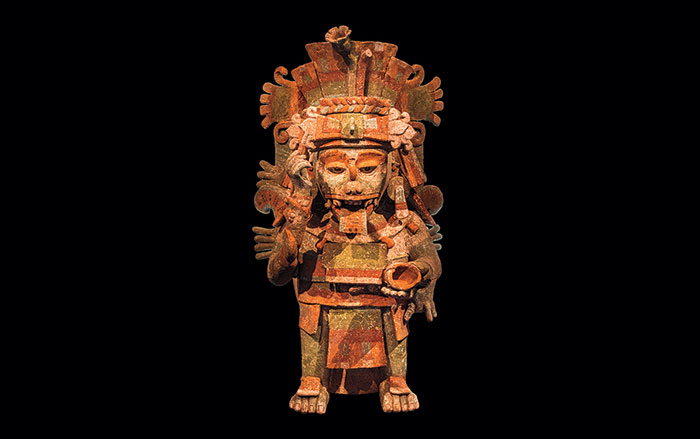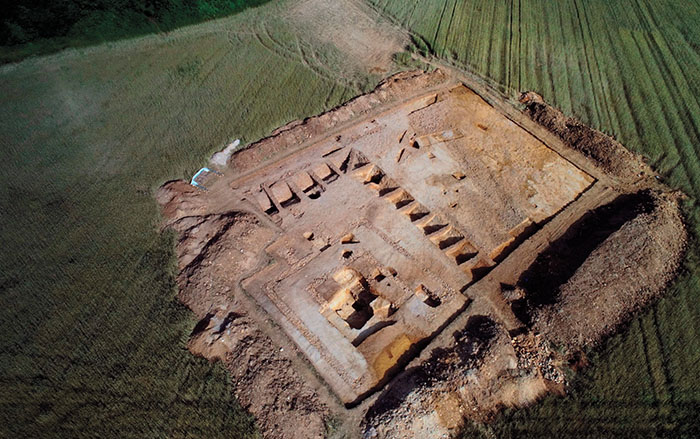PARIS, FRANCE—According to a statement released by the French National Center for Scientific Research, an international team of scientists led by Quentin Cosnefroy and Isabelle Crevecoeur of the University of Bordeaux examined a collection of Neanderthal bones recovered from Belgium’s Goyet Cave. The results of the testing, which included radiocarbon dating and DNA, isotopic, and morphological analysis, suggest that the group was made up of Neanderthal women and children who lived between 45,000 and 41,000 years ago. The researchers noted that the marks found on the Neanderthal remains are similar to those found on butchered animal bones recovered from the cave, indicating that the Neanderthals may have been cannibalized for food. The study also determined that these individuals were not locals. Their butchered remains may therefore reflect territorial tensions between different hominin groups living in the region at the time, the researchers concluded. Read the original scholarly article about this research in Scientific Reports. To read about Neanderthal DNA recovered from cave sediments throughout Eurasia, go to "Caveman Genetics," one of ARCHAEOLOGY's Top 10 Discoveries of 2017.
